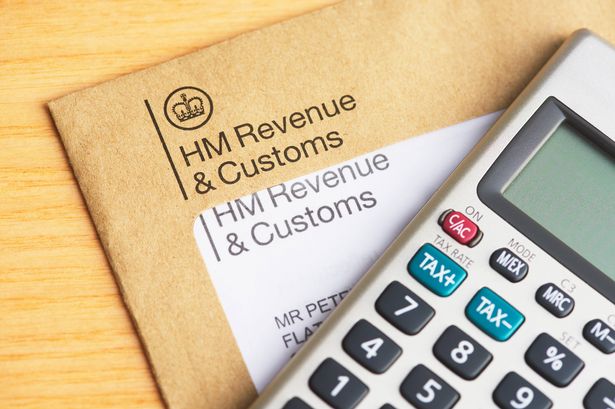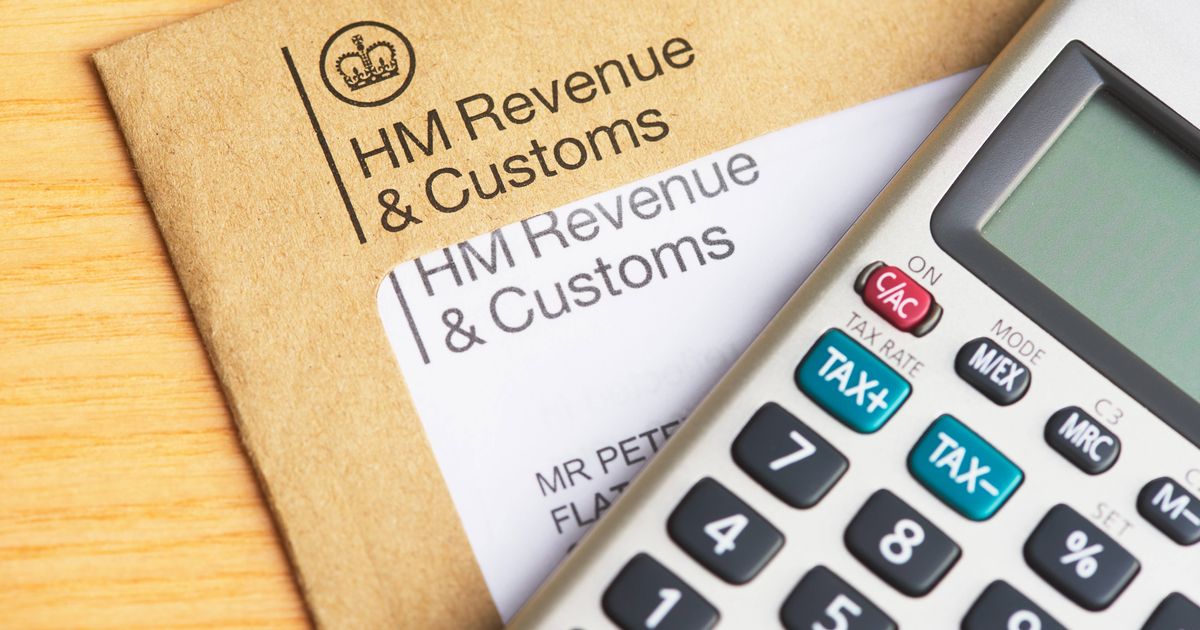The Chancellor is reportedly considering some big changes changes A warning has been issued about inheritance tax(Image: Peter Dazeley via Getty Images)
A warning has been issued about inheritance tax(Image: Peter Dazeley via Getty Images)
A warning has been issued about inheritance tax with concerns that Rachel Reeves from the Labour administration might set her sights on a “little-known” rule that enables British families to pass on unlimited sums without tax implications.
The Chancellor is said to be examining potential modifications to an obscure provision that currently allows people to hand over unlimited wealth without facing tax charges. Routine gifts from surplus income can be instantly free from Inheritance tax.
Whilst transfers between married couples are generally exempt, there exists a restricted spousal exemption for gifts to a partner who has lived in the UK for fewer than 10 out of the past 20 tax years.
According to HMRC regulations, gifts must constitute part of regular expenditure and must come from income, reports Bristol Live.
The giver must also keep enough income to sustain their typical living standards, as outlined by tax authority guidance. For money-saving tips, sign up to our Money newsletter here
For eligibility, the gifts must stem from income instead of savings, and they must be given routinely as part of someone’s usual spending.
Sean McCann, a chartered financial planner at NFU Mutual, said: “Currently, if you make regular gifts there’s no restriction on how much you can give away immediately free from IHT, provided it is out of your income and doesn’t impact your normal standard of living.”
He additionally indicated that this arrangement “is likely to be in the chancellor’s sights in the forthcoming budget.”
Mr McCann further elaborated: “Gifts made on a regular basis such as annually or more frequently are more likely to satisfy the test.
“The first gift in a series can qualify even if you die shortly after making it, provided there is evidence that further regular gifts were planned.
“For this reason, it’s a good idea to send your loved ones a note with the first gift confirming your intention to gift regularly and keep a copy with your will.”
An inheritance tax is a tax on the assets, money, and property of someone who has died.
It is paid out of the deceased person’s estate before it is distributed to the beneficiaries.
The tax only applies to the portion of the estate that exceeds a certain threshold, though rules vary by country and jurisdiction.
At the moment, assets left to a spouse or civil partner are generally exempt from Inheritance Tax, regardless of their value. This allows a surviving partner to combine their unused tax-free allowance with their own, potentially doubling their total threshold.
